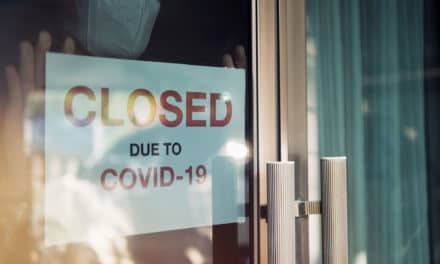Summary: The AAO emphasized patient safety and access to care on World Orthodontic Health Day, advocating against mail-order treatments and for relief from student loan debt. Legislative successes in Nevada and Florida highlight these efforts, while a veto in Georgia underscores ongoing challenges.
Key Takeaways:
- Patient Safety Priority: AAO advocates against mail-order orthodontic treatments, emphasizing the need for in-person exams.
- Legislative Successes: New laws in Nevada and Florida require in-person exams before orthodontic treatments.
- Student Loan Relief: The AAO supports bills to alleviate student loan debt, enhancing access to orthodontic care in underserved areas.
In celebration of World Orthodontic Health Day on May 15, the American Association of Orthodontists (AAO) highlighted important policies across the country related to orthodontic care. Established by the World Federation of Orthodontists in 2017, this day highlights the significance of orthodontic treatment and the policies that protect patient health.
Advocacy for Patient Health and Safety
Trey Lawrence, chief executive officer of the AAO, stressed the organization’s commitment to advocating for patient safety against mail-order orthodontic treatment models, which can cause harm without proper in-person examinations and x-rays.
The AAO warns that such treatments, often marketed as convenient and affordable, can lead to severe issues such as loose teeth and impaired oral function if not monitored by trained professionals.
“World Orthodontic Health Day is an opportunity to shine a light on the policies orthodontists are
advocating for and why,” said Lawrence. “Patient health and safety is at the forefront for AAO advocacy priorities, as is the importance of easing the burden of student loan debt, which has a direct impact on the public’s access to orthodontic care.”
Teledentistry Legislation
In Nevada, landmark teledentistry legislation signed by Governor Joe Lombardo in 2023 requires in-person exams prior to orthodontic treatment, a measure supported by the AAO. Similarly, Florida’s House Bill 855, requiring an in-person examination and continuous oversight by a dentist, passed the Legislature in March and is awaiting the Governor’s decision. In Georgia, despite the passage of House Bill 441 regulating teledentistry, Governor Brian Kemp vetoed it due to concerns over financial implications and access to existing services. The AAO expressed disappointment with the decision..
Addressing Student Loan Debt
The AAO also highlights the impact of student loan debt on access to orthodontic care. With graduating orthodontic residents facing an average debt of over $560,000, the AAO advocates for legislative measures to alleviate this burden. The bipartisan Student Loan Refinancing and Recalculation Act, reintroduced in October 2023, and the Residential Education Deferred Interest (REDI) Act, proposed in 2023, aim to provide relief by allowing for refinancing and deferring interest during residency programs.
In Florida, AAO efforts led to the signing of a bill by Governor Ron DeSantis in 2024, allocating $8 million to the Dental Student Loan Repayment Program. This initiative encourages orthodontists to serve in underserved areas, thereby improving dental care access.








